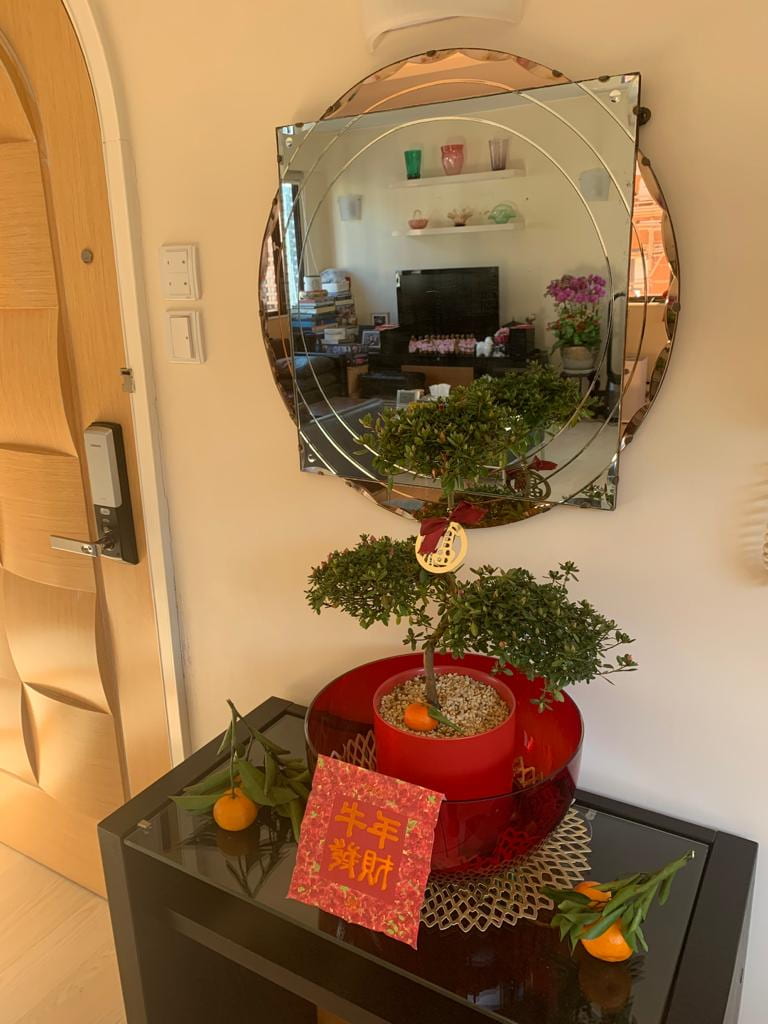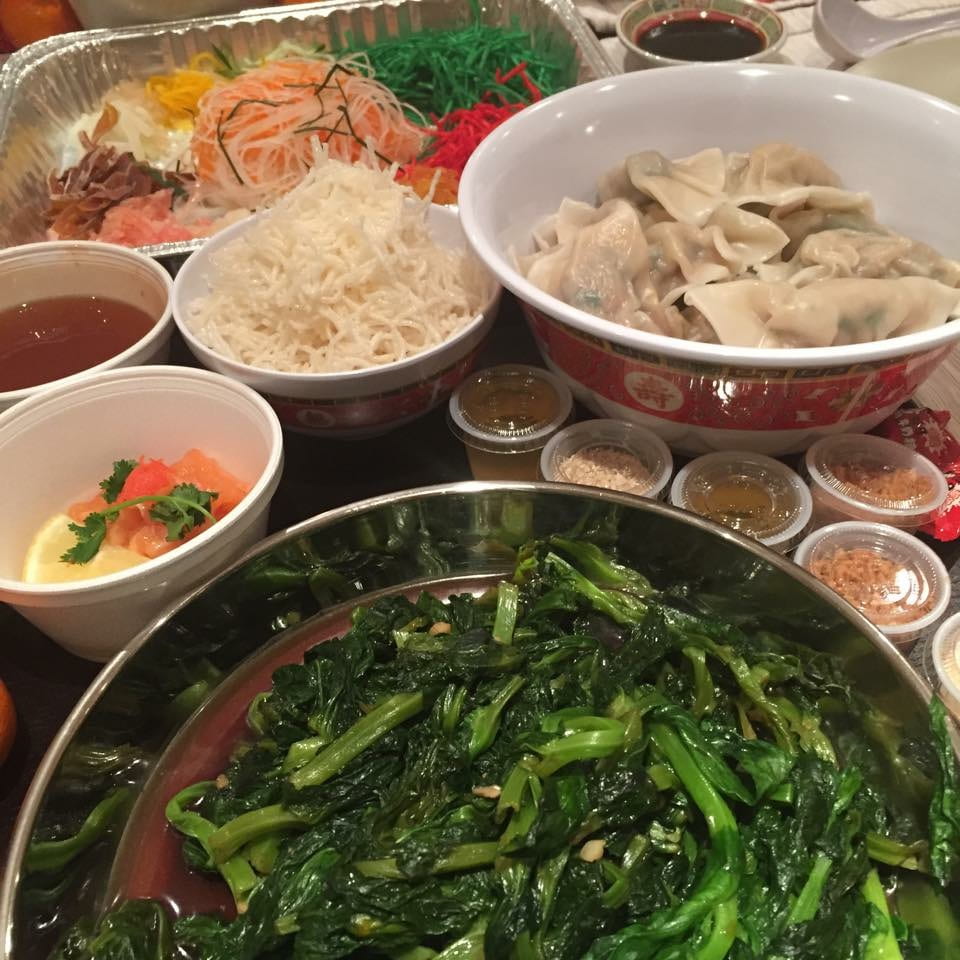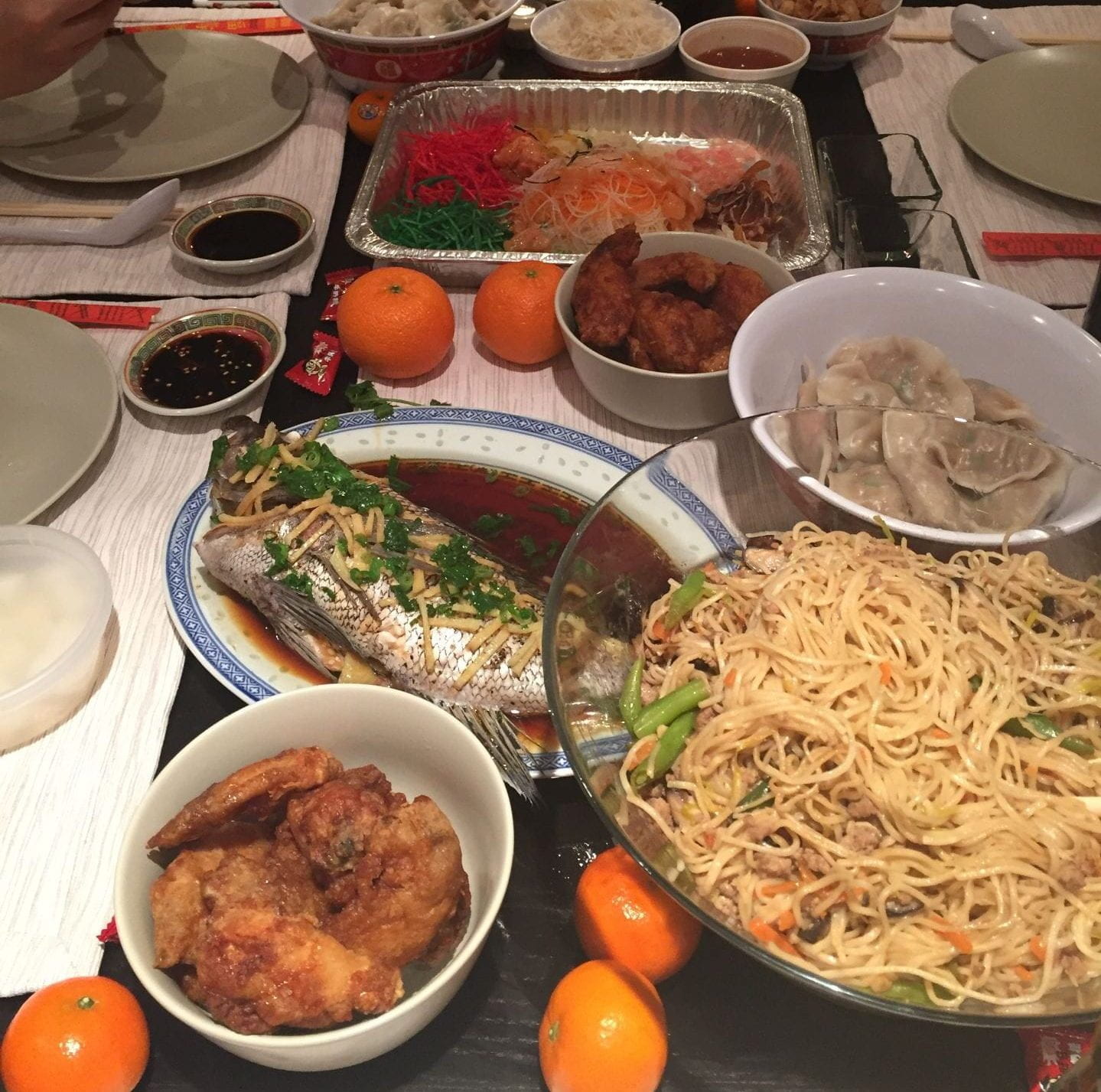February 12, 2021 marks the first new moon of the year and the start of the Lunar New Year. The holiday is celebrated by many communities in Asia and around the world to welcome the spring season and is a time for families to reunite and honor ancestors.
In China, it is commonly known as Chinese New Year, or chunjie (春节) meaning “Spring Festival.” The festival is the longest holiday of the year beginning on the first new moon of the lunar calendar and ending on the first full moon. We talked to a few of our current MBA students from the McCombs China Business Association to learn how they celebrate the new year.
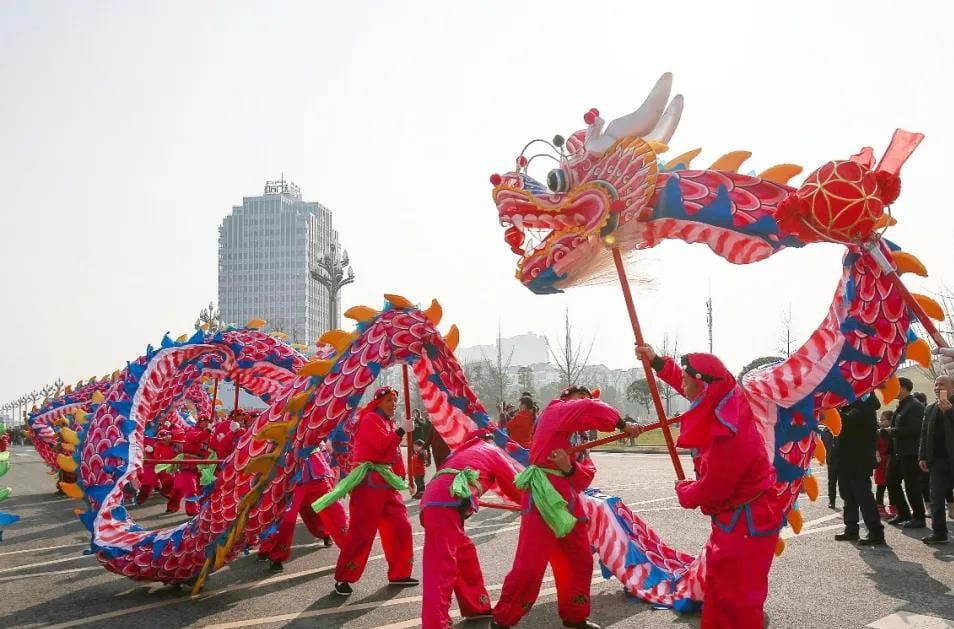
“First, Chinese New Year is for family,” says MBA student Sujian Luo. “We get together with parents, grandparents, brothers and sisters and relatives. And through this, we maintain and even create deeper bonds with each other. In the past year, we received help from people at work, in life, or somewhere else. This is the time to express sincere appreciation to them. Last but not least, it’s a time for every individual to take a pause, reflect, and prepare for a new sail.”

Sujian Luo
Texas McCombs MBA ’21
Sujian Luo was born and grew up in Sichuan Province in the southwest part of China. He remembers playing with fireworks when was younger during celebrations.
He learned about McCombs from his girlfriend who graduated from the program in 2019. He is currently the Case Competition VP of Operations Fellows and a member of the McCombs Ambassador Committee (MAC), China Business Association, and the Tech Club.
“Geographically, Sichuan’s location is similar to that of Texas in the United States. My hometown is a small city called Mianzhu. It has a long history and it can be dated back to the time of Three Kingdoms, more than 1000 years ago. My family has been living in Mianzhu since my great grandparents.
When I was young, the most impressive activity was playing fireworks with friends. These fireworks are not the same as those for shows and displays, they are fireworks played by hands. We used them to create different patterns in the dark.”
Traditions and Customs
Chinese New Year traditions include putting up red and gold decorations, eating reunion dinner with family on New Year’s Eve, popping firecrackers and fireworks, and giving red envelopes.

“The Chinese New Year traditions and procedures all have significant meaning, from the New Year’s greetings we share with each other to the food we eat, and I am proud that these festivities are still very much a part of my life,” says Nicole Fung. “For the most part a lot of what we take part in helps to bring prosperity, luck, and longevity for the upcoming year.”
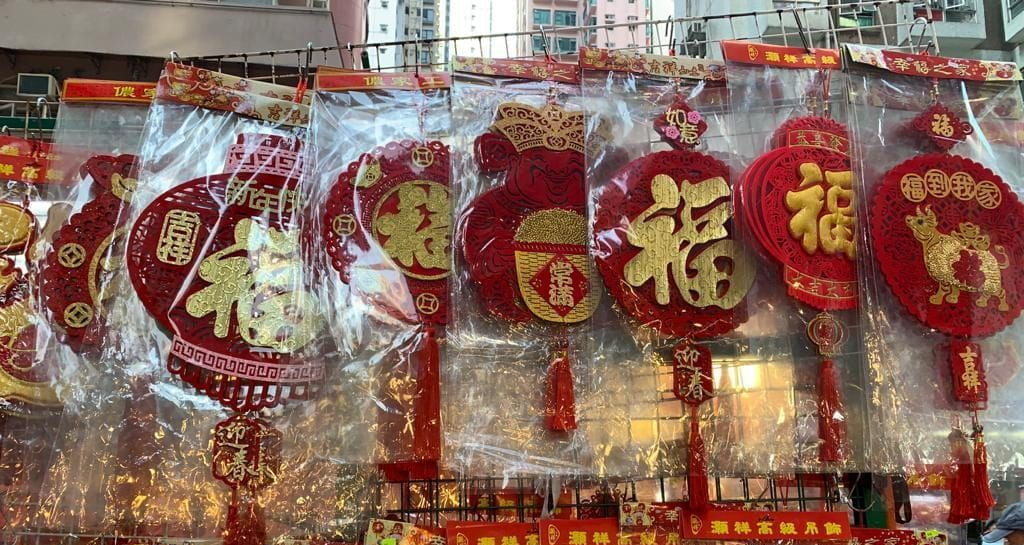

Nicole Fung
Texas McCombs MBA ’22
Nicole Fung was born and raised in Hong Kong. Her father was born in Shanghai, and her mother was born in Hong Kong. Her ancestors are from the Guangdong province which lives along the Pearl River Delta.
Nicole chose McCombs because of her interest in tech, the growing city, and the McCombs network.
“When I was younger I celebrated New Year’s Eve with my family for our annual “reunion dinner”, typically feasting for hours over a nice hearty home cooked Chinese meal together. Then we would spend New Year’s Day visiting my parents’ elder siblings and grandparents’ home to wish them happy new year, a Chinese tradition called “bai nian”.

Nicole’s family
“My mother loves decorating our home with Chinese New Year flora (lucky bamboo, orchids, narcissus), Chinese couplets written in beautiful calligraphy, and kumquats,” says Nicole. “Every year our living room always has a CNY candy box that is filled with sweets, Chinese seeds and nuts to signify togetherness.”
During the New Year celebration, Nicole prepares dumplings.
“I would love to disclose my recipe for homemade dumplings, but honestly I always go with the flow and my gut. Definitely get pre-made dumpling skins to save a lot of prep time! Traditional fillings include ground pork and cabbage, and tofu, carrot, mushroom, and cabbage for a vegetarian option. For the filling’s marinade I use plenty of soy sauce, sesame oil, white pepper, and a little Chinese vinegar.”

Fay Sheng
Texas McCombs MBA ’21
Fay Sheng grew up in a mid-sized city in East China where her parents were born. She celebrates with her family by eating fish on the eve of Chinese New Year and saving part of it. After dinner, they watch China Central Television’s Spring Festival Gala.
Fay chose McCombs for the culture and growing city. She is also a member of Texas McCombs Labs.
“The reason [we eat fish on Chinese New Year] is that in Chinese, fish sounds like “surplus” and we always like to have a surplus at the end of the year,” she says. “And if we manage to save something at the end of this year, then we can make more in the next year.”
“Chinese New Year is a time for families to reunite and for people to celebrate and appreciate the achievement in the past one year and also look forward into the coming year.”
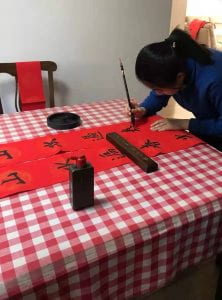
Fay’s niece writing couplets.
In preparation for the celebration, she would get a haircut, clean the house, shop for new clothes, and hang up traditional red decorations such as Fu, couplets, and paper-cut art.
“When we hang up Fu, we sometimes hang it upside down because “upside-down Fú” sounds nearly identical to the phrase ‘Good luck arrives.'”
The Year of the Ox
This is the Year of the Ox in the Chinese zodiac calendar. Nicole shares the story behind how the 12 animals in the zodiac came to be.
“The zodiac is a core part of Chinese New Year,” says Nicole. “There are a total of twelve animals in the zodiac and each New Year celebrates an animal from the roster. 2021 is the Year of the Ox. The fable behind the zodiac is the Jade Emperor, a Chinese deity, wanted twelve animals to serve has his guards. The animals on earth were asked to race to the Heavenly Gates to win their place beside the emperor. Met with a river with a swift current, the Rat had trouble crossing and jumped on the ox’s back for a safe ride. The Rat was cunning and jumped off the ox at the last moment to reach the Jade Emperor and won the race, consequently the ox placed second. The ordering of the zodiac is as follows according to their place in the race: rat, ox, tiger, rabbit, dragon, snake, horse, goat, monkey, rooster, dog, and finally the pig.”
Sujian says the Ox is important in ancient Chinese agricultural society.
“It’s a symbol of wealth. And in modern society, Chinese people often use Ox as an adjective, for example, if a student gets 100/100 points in a difficult example, we’ll say: ”you’re so Ox(你真牛)”—like, you are so great.”
Visit Texas McCombs MBA to find out more about all our programs, events, and community, or take a peek into student life on Instagram. Hook ’em!


